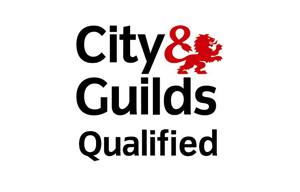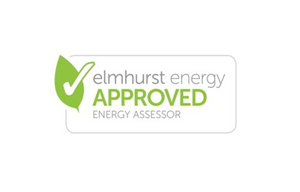The Energy Performance Certificate (EPC) measures the energy efficiency of a home or another building is, on a scale of A to G. The most efficient – which as a result should have the relatively lowest fuel bills – would be in band A, the least efficient in band G. The certificate also indicates, on the same scale of A-G, the impact on the environment. Better-rated properties should have less impact on the environment through lower carbon dioxide emissions. The latest legislation means that all rental properties must have a minimum rating of ‘E’.
Mill Energy is a team of local and professionally-trained energy assessors, who will attend your property and examine key items, such as the heating system, construction, insulation, and lighting. You will also be provided with some recommendations about how to make the property more energy efficient for the future.
- Quick turnaround times
- Professional and experienced energy assessors
- Low prices & free quotes
- Additional landlord services available for ease
- Established and recommended company
Book your EPC now by calling 07832 101016.
Why do you need an EPC?
Since 2008, Energy Performance Certificates are a legal requirement for homes that are going to be sold, let, or constructed. Once complete, an EPC is valid for 10 years. However, if you make major energy-saving improvements, such as installing a new central heating boiler and intend to sell or rent out the property, it may be worth obtaining a new EPC. This will show a lower rating and will make the property more attractive to potential buyers or tenants, so they will have reduced fuel costs in the future.
Some grants can be accessed to get funding towards energy saving measures but an EPC must be in place to do this. We can advise you regarding this.
What is involved in an EPC?
One of our energy assessors will attend your property. We will need access to all rooms, including the loft. We will examine the heating systems and controls, take pictures of key data and measurements. The time spent completing the EPC will depend on the size of the property.
Key areas that will examine include:
- The size of the building and its construction
- Lighting
- Cavity wall and loft insulation
- Central heating and hot water systems
- Ventilation
- The energy efficiency of the glazing
Our team will then calculate and produce your EPC, outlining any improvement recommendations. This will then be published on the public register and sent directly to you.
Which buildings need an EPC?
An EPC is required when a building is constructed, rented, or sold. A building will need an EPC if it has a roof and walls and uses energy to ‘condition an indoor climate’. This means if it has any heating, air conditioning, or mechanical ventilation. For example, a garden shed would not need an EPC if it doesn’t have any heating.
The building can either be a whole building or a part of a building that has been designed or altered to be used separately. If a building is made up of separate units, each with its own heating system, each unit will need a separate EPC.
Therefore, it is also a legal requirement to have a commercial EPC if you are selling or leasing your commercial property. This includes offices, warehouses, or retail units. Once any commercial EPC has been completed, it will last for 10 years – the same time as a domestic EPC.
Book an EPC now
To book an EPC, call 07832 101016 or email info@millenergy.co.uk.





